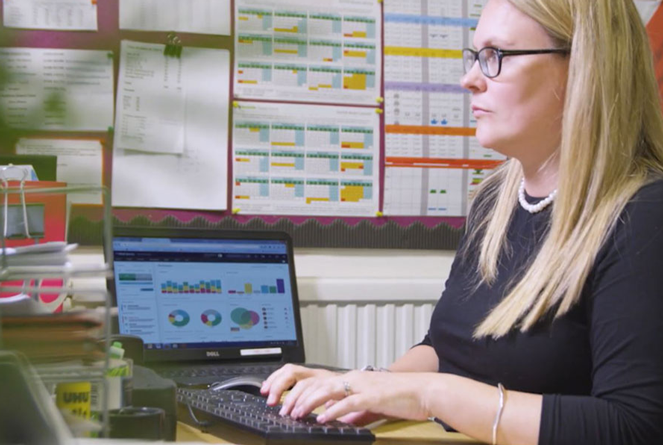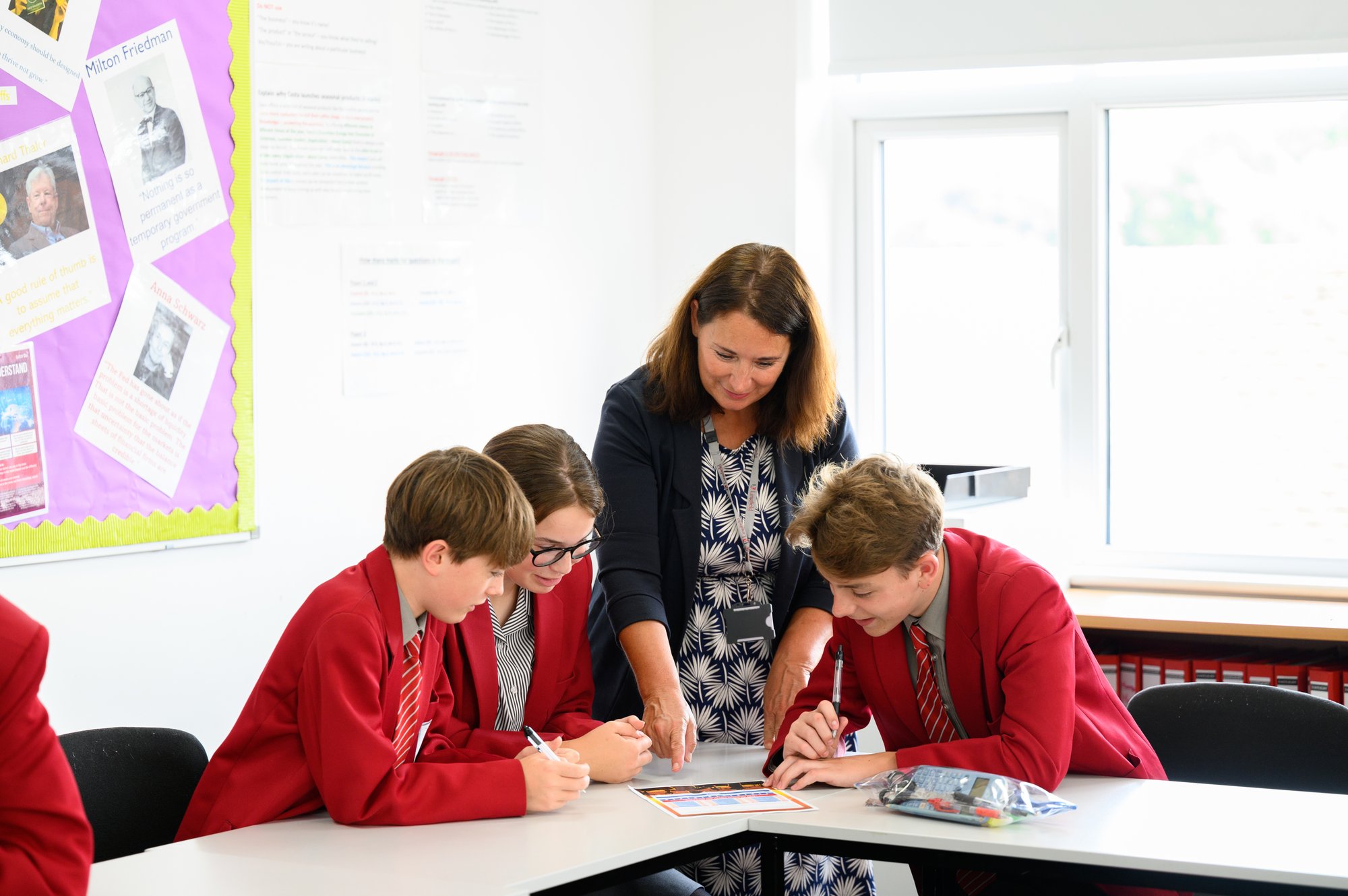Introduction
Over the last decade, primary school assessment in England has undergone significant transformations, influenced by policy changes, educational technology advancements, and a shift towards more dynamic teaching methodologies. This evolution reflects a broader trend towards data-informed education to enhance student learning and school performance.
The shift from traditional methods
Historically, the Standard Assessment Tests (SATs) dominated primary education in England. These tests assessed literacy, numeracy, and science at Key Stages 1 and 2. These assessments provided a snapshot of school performance and influenced national league tables. However, criticism regarding their high-stakes nature and the pressure they placed on students and teachers spurred a need for change.
The introduction of the phonics screening check in 2012 and modifications to the curriculum and assessment framework aimed to address these concerns by diversifying evaluation methods and reducing the emphasis on end-of-key-stage testing and the pandemic years of 2020 and 2021, where assessments were suspended, further highlighted the need for flexible and adaptive assessment tools.
The rise of formative assessments
The interruption caused by the pandemic revealed the effectiveness of ongoing, formative assessments over traditional summative methods. Formative assessments offer continuous insights into a student’s understanding, allowing for immediate interventions and personalised learning paths. This approach aligns with the shift towards nurturing a more holistic, well-rounded educational experience.
Innovative tools like Sonar Tracker
Enter Sonar Tracker, an advanced assessment tool developed by Juniper Education. This tool has been pivotal in redefining how primary schools assess, track, and analyse student progress. Tools like Sonar Tracker integrate formative and summative data, providing educators a comprehensive view of each student's academic journey.
At Warden Hill Junior School in Bedfordshire, the implementation of Sonar Tracker marked a significant shift from the previous system, Classroom Monitor. The school’s leadership, including assistant headteacher Mr Tim Hayden, noted that Sonar Tracker’s intuitive design and detailed reports were less labour-intensive and offered deeper insights into student progress, especially for disadvantaged and EAL (English as an Additional Language) pupils.
Features and benefits of modern assessment tools
Sonar Tracker exemplifies the capabilities of modern educational technology by offering features such as:
- Real-time data analysis: Immediate insights help teachers adjust their strategies to better meet their students' needs.
- Customisable reports: Detailed reports, such as Venn diagrams, allow for targeted interventions by identifying specific areas of need.
- Integration with existing systems: Seamless integration with other educational software ensures that data is comprehensive and accessible.
The impact on teaching and learning
The use of such sophisticated tools has a profound impact on teaching efficacy and student outcomes. Teachers can now rely on accurate data to inform instruction, personalise learning experiences, and make informed decisions quickly and effectively. For students, this means education attuning to their learning styles and needs, potentially leading to improved academic performance and a more engaging learning experience.
Looking ahead
As we look to the future, the role of technology in education continues to expand. With the government’s ongoing focus on digital infrastructure in schools, as outlined in recent educational policy updates, and the growing importance of data literacy among educators, tools like Sonar Tracker are set to become integral components of educational best practices.
Conclusion
Assessment in primary schools has evolved from rigid, summative models to dynamic, formative frameworks, marked by significant advancements in policy, practice, and technology. Sonar Tracker is at the forefront of this change, offering schools like Warden Hill Junior the tools they need to prepare students for the next stage of their education and lifelong learning. As assessment continues to evolve, the focus remains clear: to enhance educational outcomes and support the development of well-rounded, capable young learners.
Ready to make data-driven decisions?
Sonar goes beyond traditional progress tracking. The simple, intuitive, interactive pupil progress solution aids formative and summative assessments in school. Plus, records evidence of learning, links curriculum planning, and compares progress to national benchmarks.
Act on every learning opportunity and make classroom decisions based on data-driven insights.
Contact our team of data experts today and ensure every pupil reaches their full potential through the power of Sonar Tracker.


/Primary%20school%20.jpg?width=2000&name=Primary%20school%20.jpg)








.png?width=940&height=788&name=Lingfield%20College%20Case%20Study%20(5).png)
-1.png?width=1000&height=833&name=National%20Association%20of%20Head%20Teachers%20(3)-1.png)
-3.png?width=1080&height=1080&name=Untitled%20design%20(10)-3.png)






